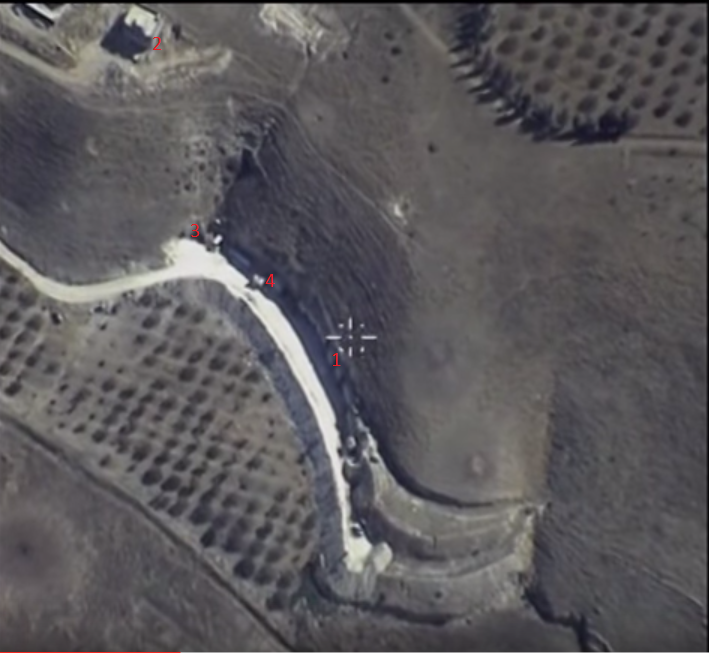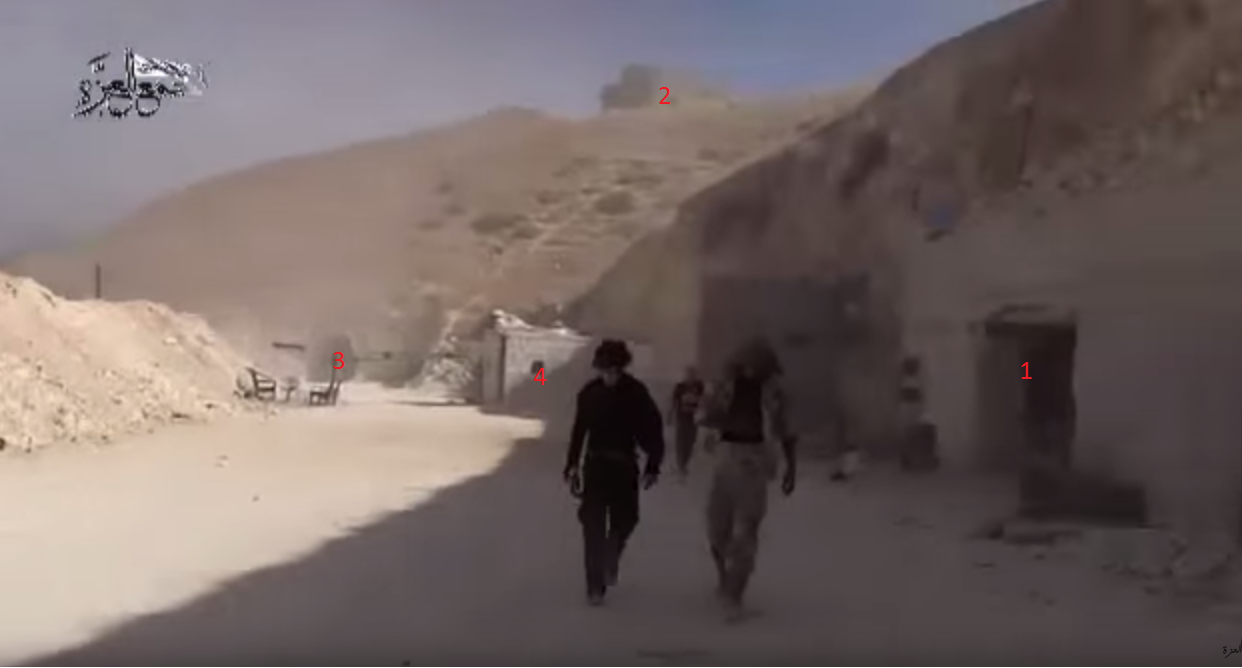Jura The idiot
General
I was kinda surprised to see on a main-stream Russian news-server
about this:
Russia Risks Being Prosecuted for Syria's War Crimes
about this:
Russia Risks Being Prosecuted for Syria's War Crimes
source:Now that the Russian government is openly aiding the Syrian army, Russian officials all the way up to President Vladimir Putin could be prosecuted for abetting war crimes, according to former U.S. officials and international law experts.
In addition to over the Assad regime has dropped on civilians since July, there is evidence that the regime has used civilians and employed to kill at least 11,000 civilians in custody. All of these actions could form the basis for future prosecutions against the Assad military and top Syrian officials, on charges of war crimes and crimes against humanity.
Experts on war crimes prosecutions say that by supporting the army behind these crimes, Russia has opened itself up to the charge of “aiding and abetting” war crimes. It is a young and evolving area of international law, used successfully to prosecute the prime minister of Serbia for atrocities in the former Yugoslavia and to prosecute Liberian President Charles Taylor for helping the Revolutionary United Front and Armed Forces Revolutionary Council during Sierra Leone’s civil war.
Any accountability for war crimes in Syria is probably years away, and Russia has efforts to refer the Syria charges to the International Criminal Court. But if a prosecution happens, the experts say, Putin could be held responsible just as Taylor was.
“The Russians are walking into a situation where they could be held criminally responsible,” said Stephen Rapp, who served as the United States ambassador at large for war crimes from 2009 until this year. “If you aid the Syrian air force in committing war crimes such as dropping barrel bombs on civilians, you can find yourself held responsible right up to the top, including President Putin.”
Rapp, who previously was chief of the International Tribunal for Rwanda and the Special Court for Sierra Leone, said that there is precedent for holding a head of state criminally responsible for aiding forces in another country that are committing war crimes. Taylor was sentenced to 50 years in a British prison for, among other things, “aiding and abetting” the Revolutionary United Front as it massacred civilians.
The Russian aid to Syria doesn’t actually have to be used in the war crimes for criminal liability to kick in, Rapp said. All a prosecutor would have to prove is that Russian officials were aware of Assad’s atrocities and that the assistance to the regime committing the atrocities was substantial.
“For aiding and abetting, you don’t have to intend for horrible things to happen, you just have to know that they are happening,” he said. “They are responsible and under international law, the commanders of the people who are doing that in the field are responsible as well.”
The other main example of holding third-party governments and officials criminally responsible for war crimes came out of the International Criminal Tribunal for the Former Yugoslavia. Momčilo Perišić, the former Serbian general who was the head of the Yugoslav Army, was initially convicted of war crimes and crimes against humanity, but that conviction was overturned in 2013 because an appeals court found that he had not “specifically directed” the commission of war crimes and therefore was not directly criminally liable.
One year later, that same appeals court reversed itself when ruling on the case of Nikola Šainovic, the former prime minister of Serbia, and said that “specific direction” of war crimes is not necessary under international law in order for an official to be found guilty of being complicit in such war crimes. Šainovic is now serving a 22-year jail sentence for war crimes and crimes against humanity.
Cherif Bassiouni, the former Chairman of the United Nations Security Council's Commission to Investigate Violations of International Humanitarian Law in the former Yugoslavia, said that the Syrian government appears to be violating a long list of agreements on the laws of war, including the Geneva Convention’s and , with respect to treatment of civilians and non-combatants.
“The use of barrel bombing is a war crime. The use of indiscriminate attacks on civilians is a war crime,” he said. “To the extent that the Russian or Iranian governments have provided economic assistance, military assistance, and the presence of advisors or supporters, any crimes that are being committed by the Syrian military are also attributable to those who assist them, namely the Iranians and the Russians.”
Under the doctrine of “command responsibility,” which was first established in the Hague Conventions of 1899 and 1907 and first applied after World War I, top officials can be prosecuted for failing to stop war crimes and other atrocities that they were aware of, he said. Command responsibility was used successfully to prosecute Japanese General Tomoyuki Yamashita in 1945 for crimes committed by his troops in the Philippines during World War II.
“Command responsibility comes from those in Tehran or Moscow who know what these people are doing and failing to stop it,” Bassiouni said.
Other experts say that Russian criminal liability in Syria could be difficult to prove.
“If Syria is just persecuting their population, which could be an international crime, and Russia is providing military assistance to them, that’s probably going too far to say they are criminally liable for these atrocities,” said William Schabas, a professor of international law at Middlesex University and president of the International Association of Genocide Scholars. “There’s a requirement of some element of directness and knowledge in terms of the precise atrocities.”
Schabas also pointed out that other countries could stand accused of aiding groups that are committing war crimes around the world. The United States, for example, provides military aid to the Iraqi military and the South Sudan army, just to name two accused groups. But the United States also has processes under the Leahy law that are meant to prevent direct aid to military forces that violate human rights. Russia has no such process.
There’s no forum to even litigate the war crimes and crimes against humanity being committed in Syria right now and none in the foreseeable future. But as was the case after mass atrocities in World War II, Rwanda, Yugoslavia and Sierra Leone, there will someday be a reckoning. As Russian involvement in Syria increases, those who track war crimes are watching not just Assad, but also Putin.


